Evelyn Rose is a sophomore and a reporter for the Fishers Tiger Times. Her views do not necessarily reflect those of the newspaper.
The Marvel Cinematic Universe (MCU) has had a rough time making interesting films ever since “Infinity War” and “Endgame.” Recently, instead of trying to replicate the magic of the older films, they decided to craft a brand-new type of film for the MCU: “Thunderbolts*.”
This gamble, choosing to tell a new kind of emotion-focused story, paid off massively in terms of enjoyment. I rarely feel that a Marvel film could stand on its own if it weren’t connected to the brand name. However, “Thunderbolts*” is now one of the very few films I believe would still be great even outside the MCU.
The film follows a classic idea: Give villains a redemption arc and put them into a team. Where “Thunderbolts*” differs, however, is in how it handles its characters. All the redemption arcs felt natural. While the focus is mainly on the character Yelena from “Black Widow,” the film also delivers an amazing showcase of the depression John Walker experiences after being thrust into the spotlight too quickly, from when he was introduced in “The Falcon and the Winter Soldier.”
It also sets itself apart from other MCU films in how it handles themes, taking a much more mature, grounded approach and stepping away from the zany one-liners that appear every thirty seconds. This allowed me to connect with the characters in a way that made them feel like real people, not just comic book caricatures.
This was the original reason why Marvel stood out; they leaned into the soap opera, giving their characters real lives we could relate to. Marvel Cinematics strayed from this for a while, only briefly returning to it in “Moon Knight.” Afterward, they quickly reverted to constantly joking in other films, which caused audiences to lose interest again until “Guardians of the Galaxy Vol. 3,” where James Gunn opted for a more serious tone that audiences deeply appreciated.
Mature themes require great actors.
Every actor in this film managed to make people in spandex suits feel like more than just costumed heroes. They felt like real people I might meet on the street, especially in how they portrayed emotions like loneliness and emptiness. Florence Pugh, in one particular scene, acted so powerfully that I felt like I was watching something out of “Donnie Darko.” It was the most realistic depiction of mental illness I’ve ever seen in a superhero film.
The main villain played by Lewis Pullman was also compelling because of this more serious approach. Rather than being a generic evil figure, his tragic background was so well explored and how the actor portrayed the character I genuinely felt bad for him. It even made me cry, something that rarely happens for me in an MCU film.
“Thunderbolts*” isn’t just different in tone. It’s different in style.
The film uses more practical stunts, leading to one of the most engaging openings in a Marvel movie, where Yelena jumps off the Burj Khalifa, an actual stunt Florence Pugh performed, Tom Cruise–style.
The choreography for each character was impressive, making every fight feel unique. The film even pokes fun at itself when Yelena says, “We all suck. We just shoot guns. We don’t fly.” The cinematography was also noticeably different, thanks to lead cinematographer Andrew Droz Palermo, known for his work on “The Green Knight.” Palermo’s visual style brought fresh energy to the MCU. Some sequences even changed aspect ratios from 2.39:1 to 1.90:1, but unlike in previous films, these shifts felt meaningful and important.
Overall, “Thunderbolts*” is an incredibly different MCU film, and I hope future Marvel projects follow its lead. This type of film gives me hope for the franchise’s future. I give it a perfect 5/5 stars. It completely blew away my expectations.



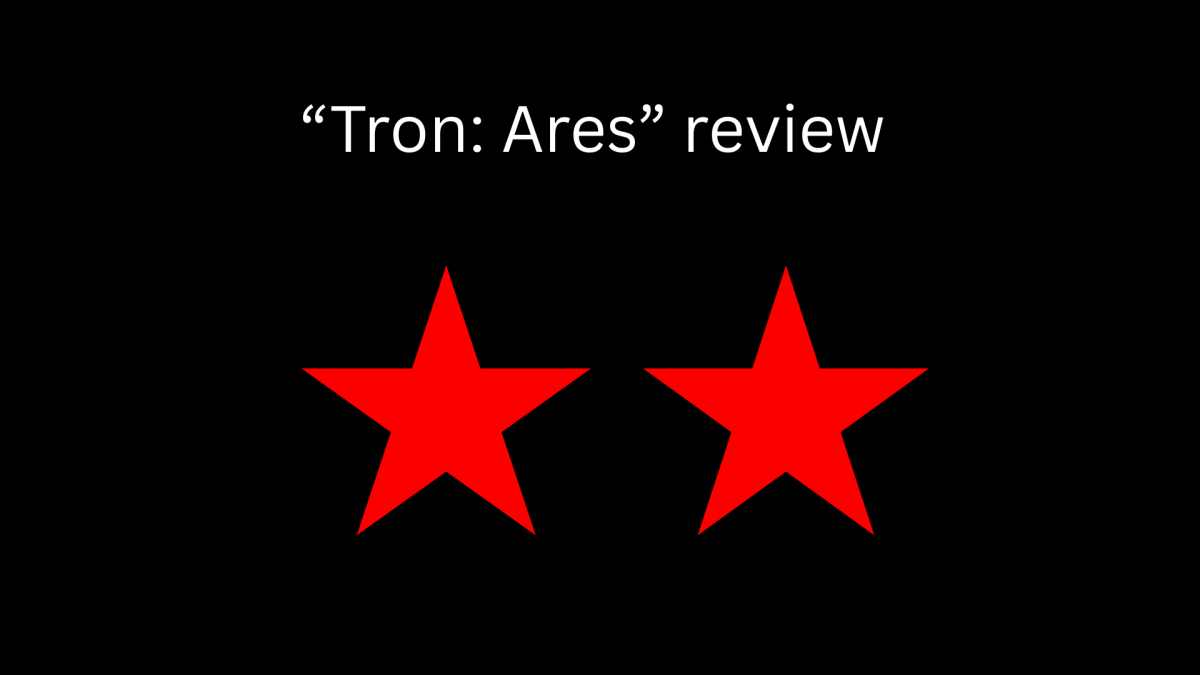
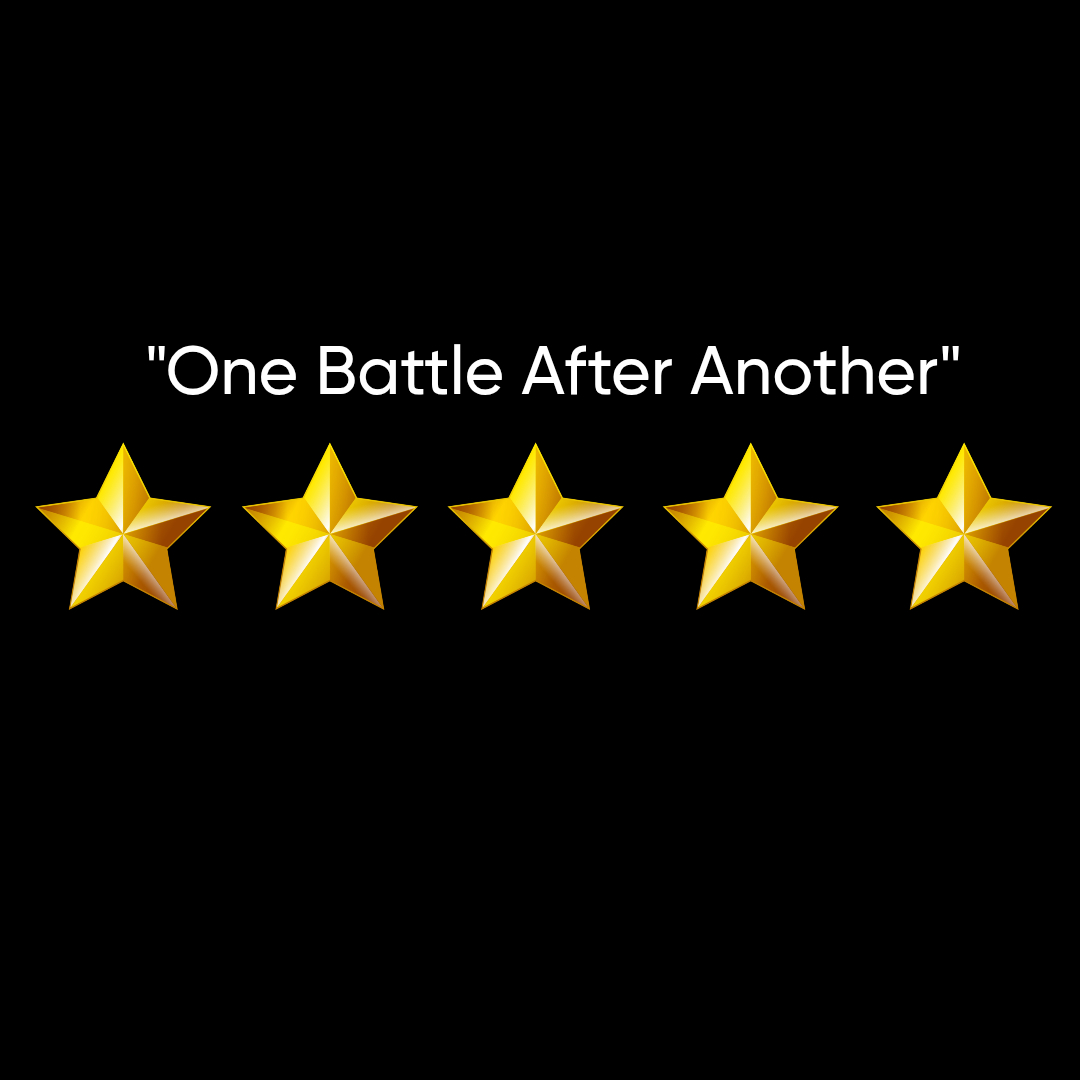
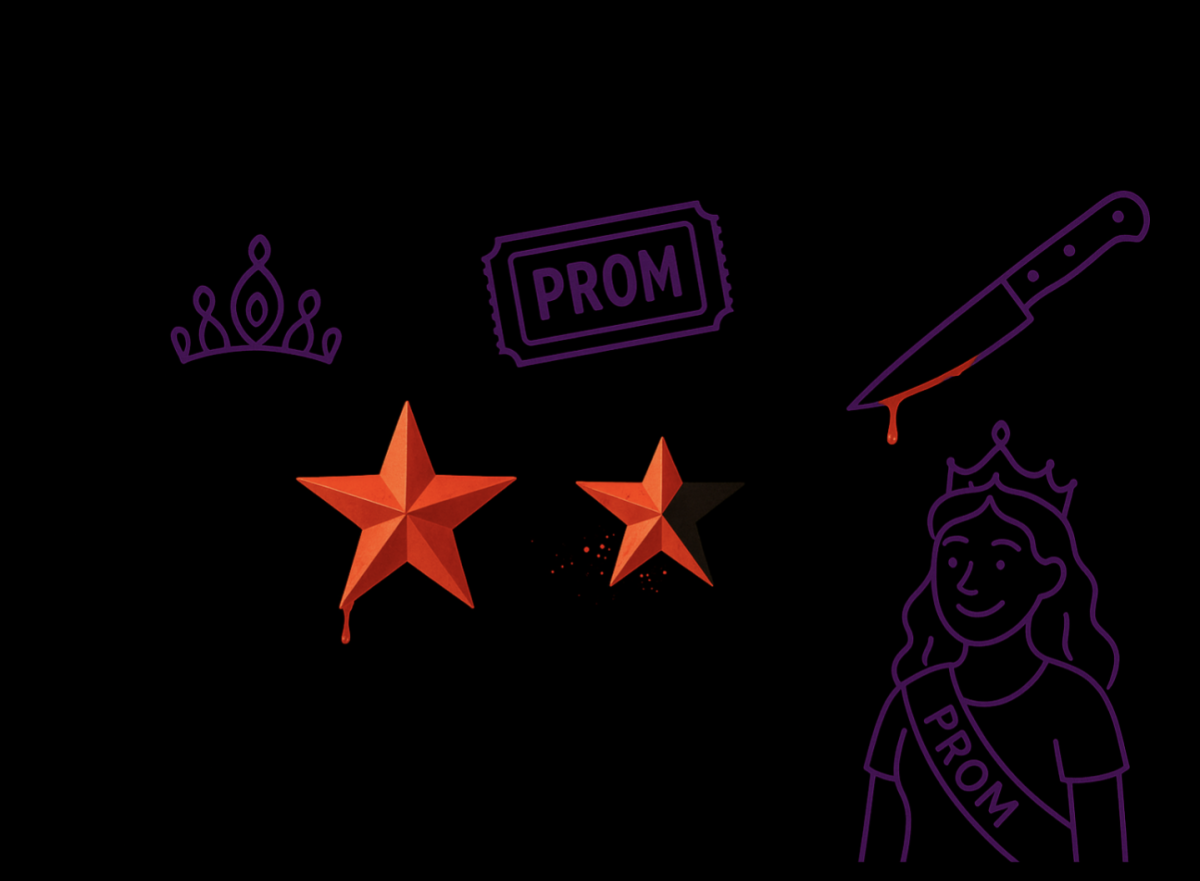


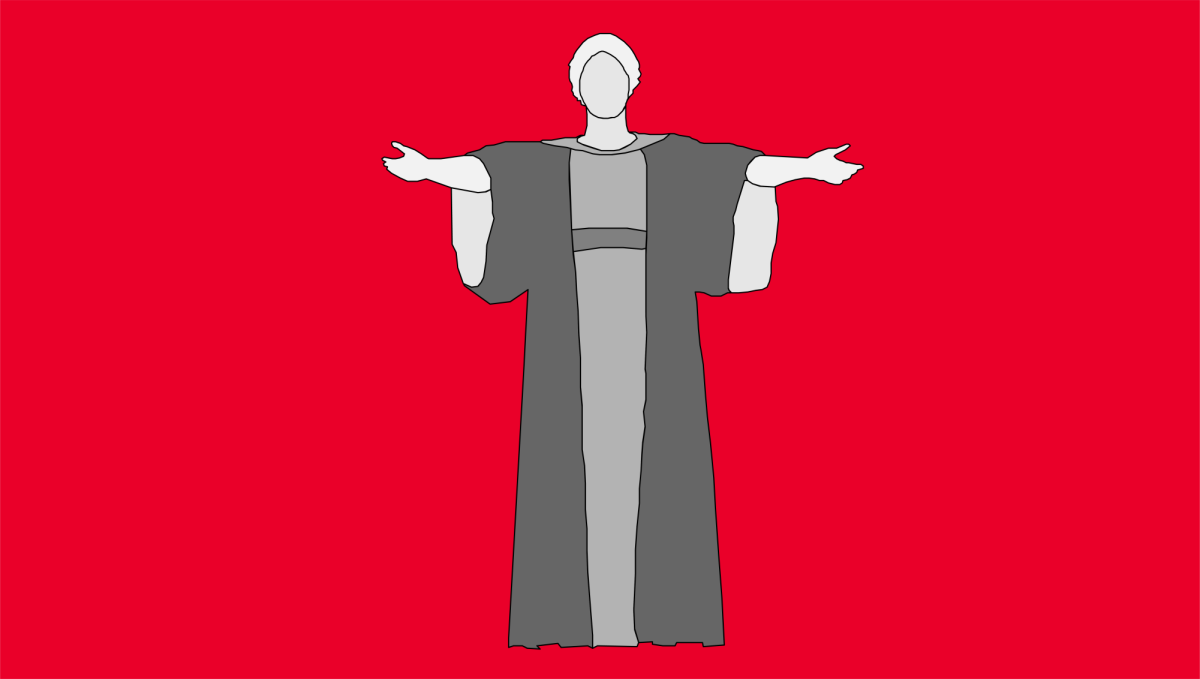





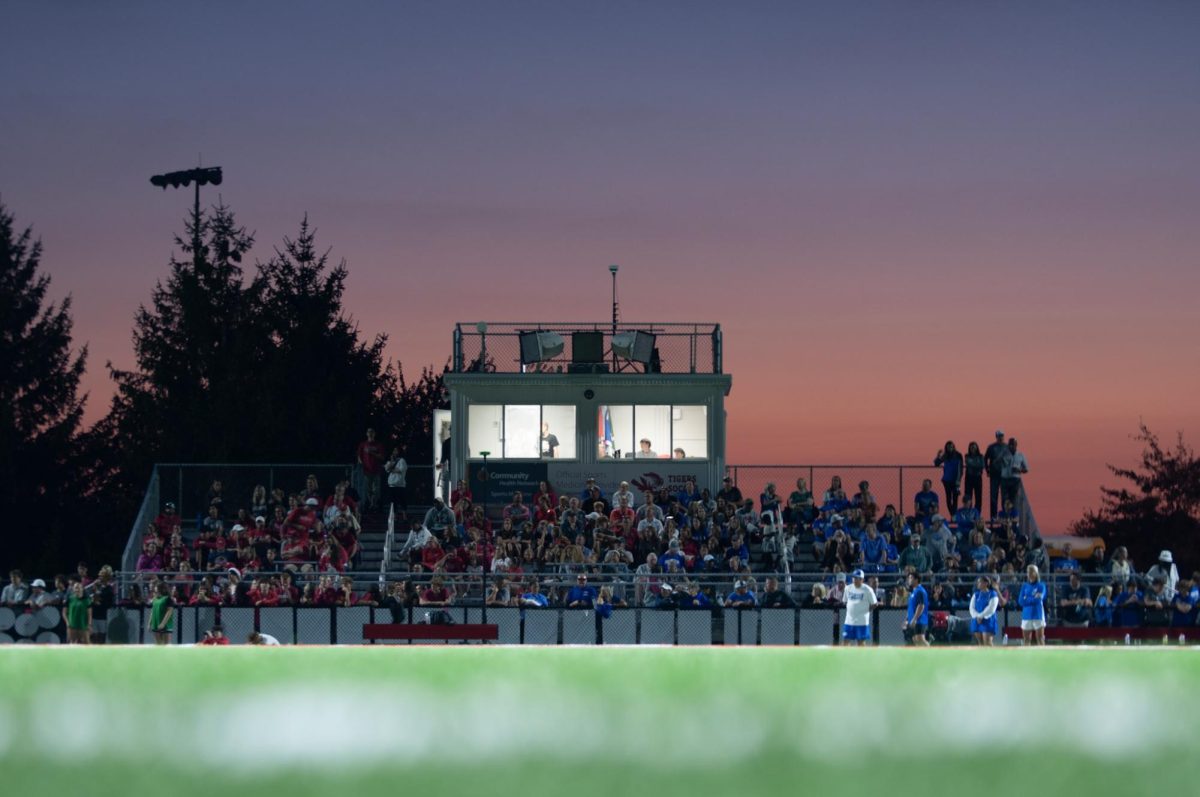
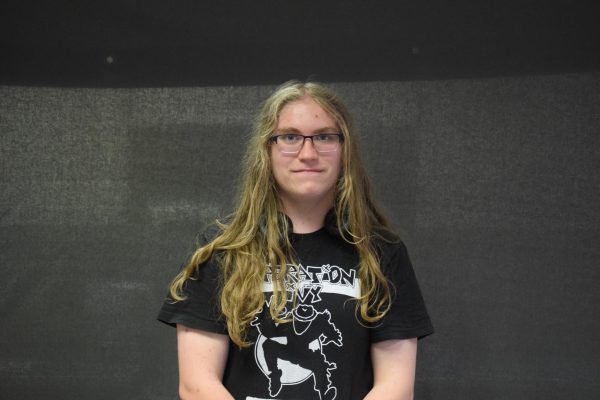
Julia Keller • May 5, 2025 at 8:13 am
Wow! Now I’m gonna have to see it!! Great review!